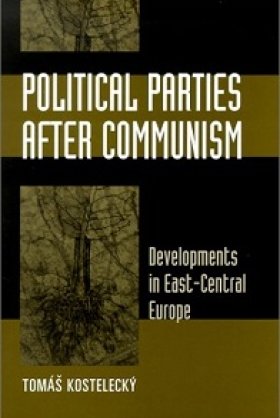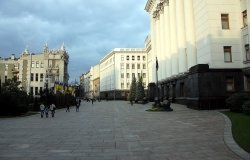Political Parties after Communism: Developments in East-Central Europe


After forty years of one-party rule under Communist regimes, how were the countries of East-Central Europe to get back to the business of competitive politics in 1989? One key factor was the resumption of party politics, and this book reviews the post-Communist development of parties in the Czech Republic, Slovakia, Poland, and Hungary. Kostelecký describes party history up to 1947, and then covers the Communist and post-Communist periods. Historical, cultural, and social factors are all taken into account in this synthetic work.
The core of the work studies three crucial areas: historical and cultural factors, social cleavages, and electoral rules. In general, Kostelecký sees a move toward more organized political parties, greater rational choice and self-interest in voters' decisions, and better-instructed, stabler politics.
Tomáš Kostelecký is senior researcher and scientific secretary, Institute of Sociology, Czech Academy of Sciences. He was recently a JSPS fellow at the Slavic Research Center, Sapporo, Japan. He was a Fellow of the Woodrow Wilson International Center for Scholars in 1996–97.











